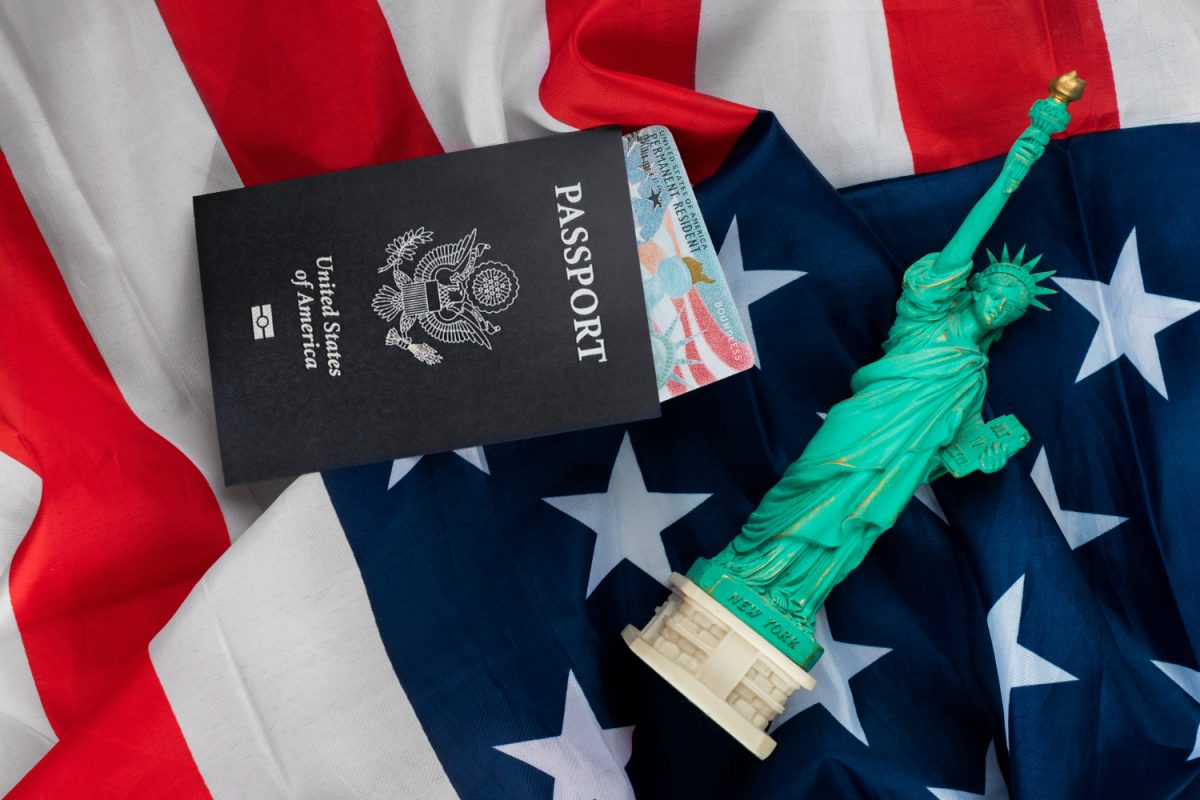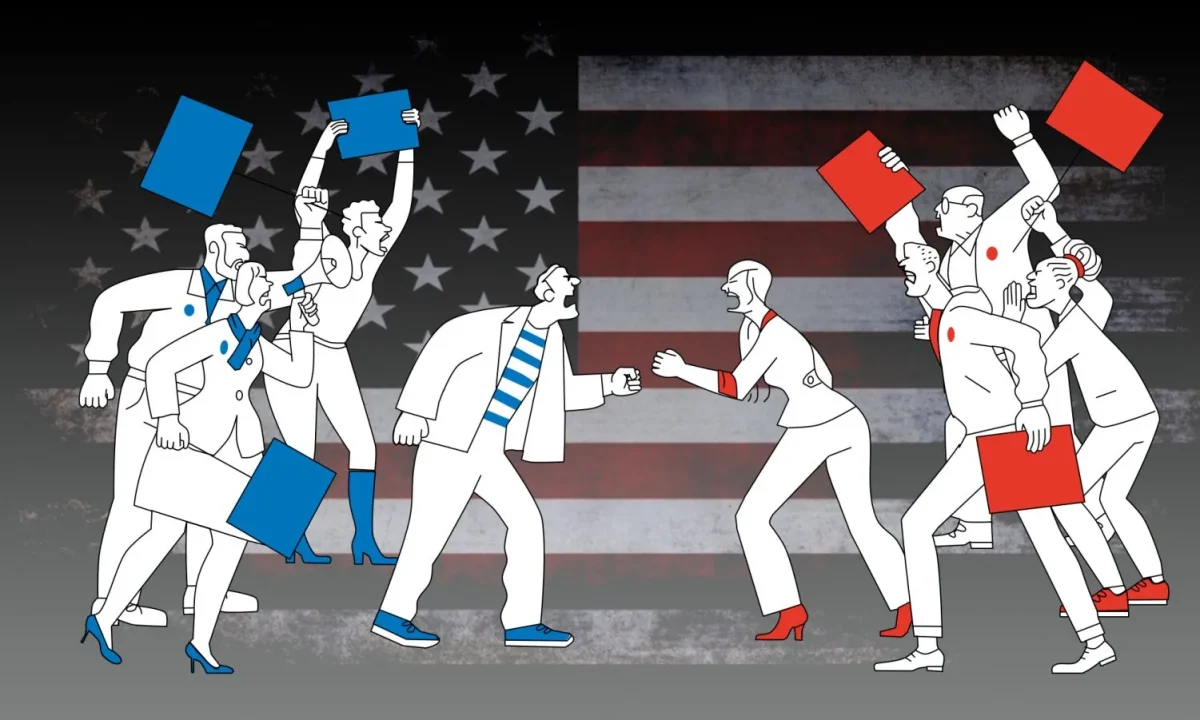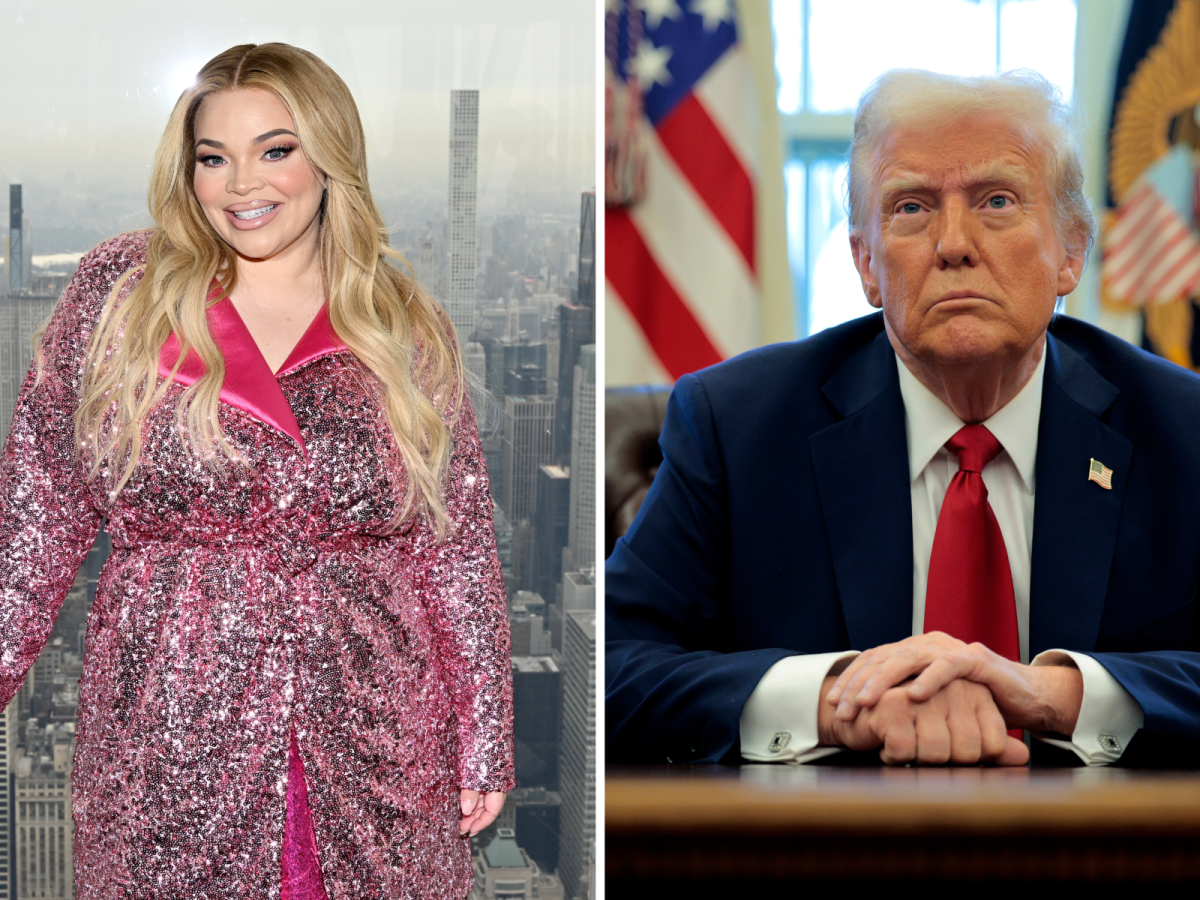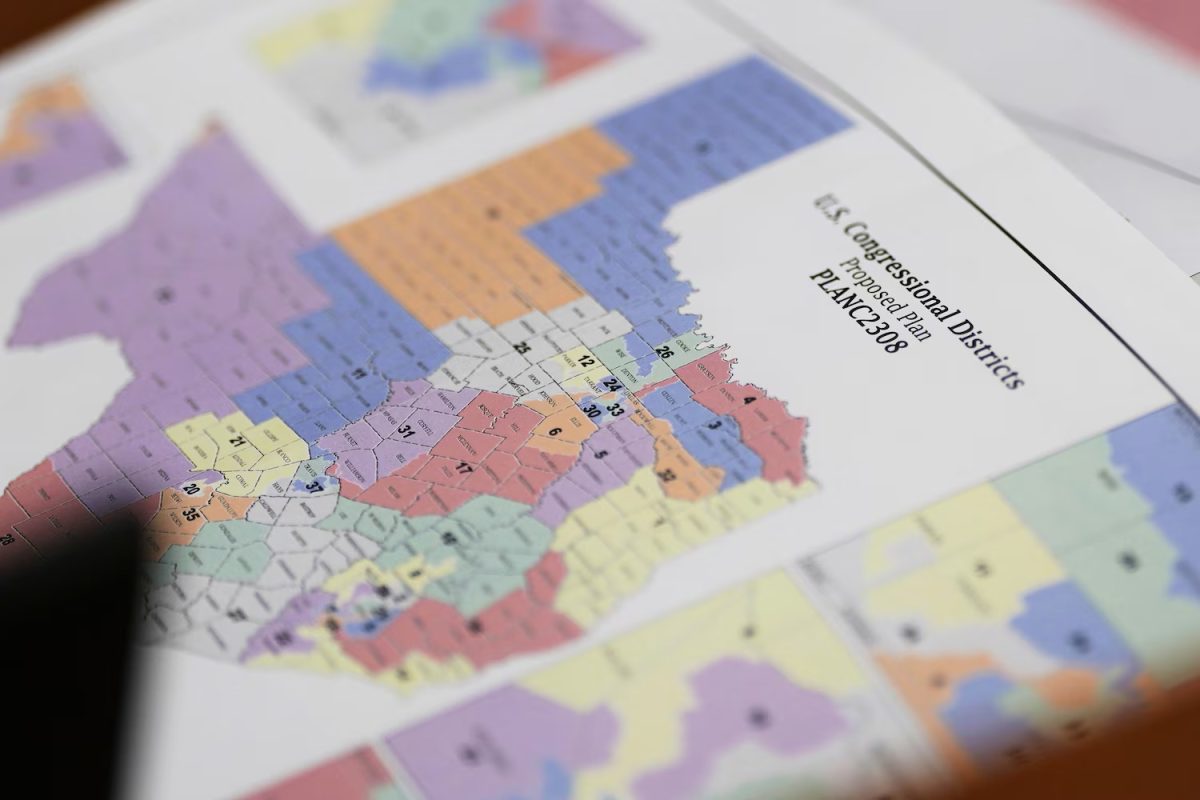DEI—Diversity, Equity, and Inclusion—is an umbrella term that refers to frameworks, visions, and policies intended to counteract historical injustices by promoting a fairer distribution of opportunities. The acronym has facilitated much progress in the United States since the passing of the Civil Rights Act of 1964, which outlawed discrimination based on race, sex, and religion in the workplace. Various presidents also passed executive orders that served as affirmative action policies, from Kennedy to Biden. The concept of affirmative action was originally intended to ensure equal opportunities and treatment without any consideration of identity-based factors, but later shifted to mean quotas that actively increased minority participation in the workplace and higher education. As time went on, people generally became more cognizant of the need for DEI, especially with the rise of social movements such as #MeToo, #BlackLivesMatter, and #StopAAPIHate. DEI even grew to encompass and champion causes for LGBTQ+, neurodivergent, and disabled communities.
Seeing as DEI has held such importance in American society, let’s analyze its place in the present Trump administration, and what our future looks like without it.
Trump’s Governmental Anti-DEI Efforts
On January 20th, 2025, Trump signed into place Executive Order 14151, entitled “Ending Radical and Wasteful Government DEI Programs and Preferencing.” It effectively revokes Biden’s Executive Order 13985, which increased the federal government’s commitment to DEI in 2021. Put simply, the new executive order will eliminate all DEI programs and positions in the federal government. Trump has allotted 60 days (with a deadline of March 21st) for every federal entity to terminate all Chief Diversity Officers, Equity Action Plans, DEIA performance requirements, DEI-related grants and contracts, etc. In particular, getting rid of grants and contracts promoting DEI will have an impact not only restricted to within the federal government, but lower state and local level entities that receive them. The Trump administration has cited “increasing public relations between the federal government and the American people” as the purpose behind its anti-DEI actions, and it has equated DEI to discrimination against white and Asian people.
Abolishment of DEI in Education
One of the sectors Trump is targeting in particular is education, giving all schools and universities across the nation two weeks to stop racial preferences in admissions and hiring practices, as well as the distribution of financial aid. The Department of Education also cut $600 million in grants that provided DEI/social activism-related training for teachers. Facing the threat of losing even more federal funding, educators and school officials are rapidly assessing the risk these anti-DEI efforts may have on operations, curricula, and extracurriculars in meeting new orders. 11% of all public K-12 schools depend on federal funding, with Title 1 schools that serve underprivileged communities having the most to lose. The Law Magnet is one such Title 1 school, with 68% of our student body coming from economically disadvantaged households. While DallasISD and its Racial Equity Office’s response to anti-DEI efforts is unclear so far, Governor Greg Abbott echoed Trump’s intentions on banning DEI programs in public education, stating “we must purge [DEI] from every corner of our schools” in his State of the State address.
The Legality of Anti-DEI Efforts
The case of Students for Fair Admissions v. Harvard, which outlawed the consideration of race in college admissions in 2023, is the most commonly cited legal precedent in this movement against DEI in education. Ironically, the plaintiff in the case (as well as the Trump administration currently) argued that affirmative action violated the Civil Rights Act of 1964, but the notion was originally introduced to support it and put it into actual practice.
On the other hand, U.S. District Judge Adam Abelson temporarily blocked the enforcement of many newly introduced anti-DEI policies in the federal government a few days ago. The judge recognized the negative implications that Trump’s executive orders had on free speech rights and presidential authority. He also thinks that the vagueness of the executive orders and the underlying threats are harmful. However, the preliminary injunction he issued only upholds DEI for the time-being, until the courts make conclusive decisions on the matter.
Implications for the Future
If DEI continues to be eradicated on the national scale, a decrease in the diversity of workplaces and school campuses can be reasonably expected. It would be a reversal of the progress that movements, social activists, and certain colleges and businesses have collectively worked hard to achieve in the past decades. George Washington Carver once said,
“Education is the key to unlock the golden door of freedom.”
So at its heart, depriving minorities and marginalized communities of equitable educational opportunities is a form of oppression. It’s an oppression that we should all work to overcome, through advocacy and becoming the most successful versions of ourselves with the opportunities that we currently have.
Sources
https://www.cbsnews.com/texas/news/gov-abbott-ban-dei-public-education/
https://www.oyez.org/cases/2022/20-1199
https://www.npr.org/2025/02/21/nx-s1-5305287/trump-dei-programs-executive-order-judge













